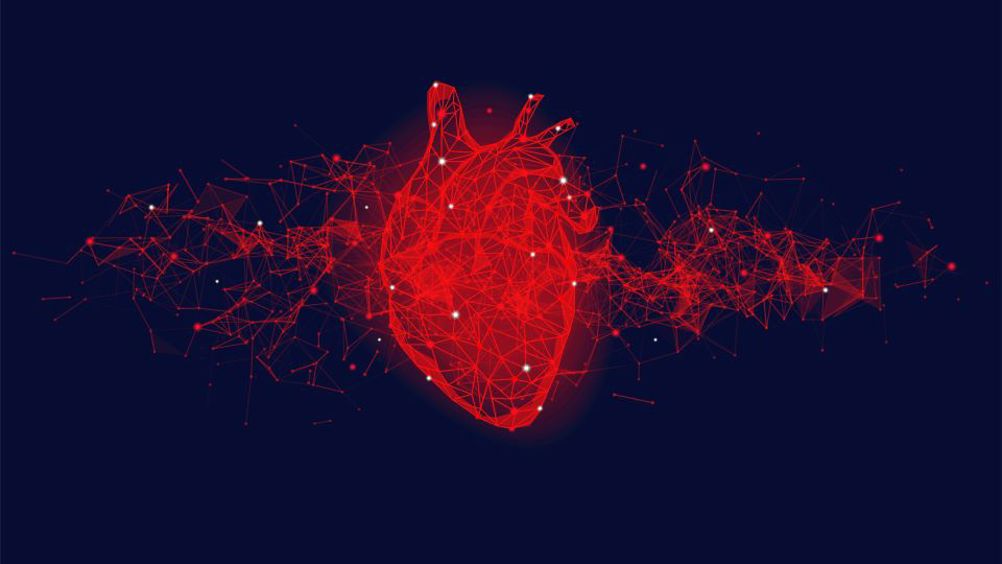Digital twins could transform personalised heart disease treatment
Personalised treatments for heart disease could be possible following the development of over 3,800 anatomically accurate digital hearts.

Developed by team from King’s College London, Imperial College London and The Alan Turing Institute, the digital hearts will let researchers investigate how age, sex and lifestyle factors influence heart disease and electrical function.
Creating cardiac ‘digital twins’ at this scale has helped scientists discover that age and obesity cause changes in the heart’s electrical properties, which could explain why these factors are linked to a higher risk of heart disease. Their findings are detailed in Nature Cardiovascular Research.
The results show the opportunities that cardiac digital twins at scale offer to better understand the impact of lifestyle on the health and function of the heart across different populations.
With the help of the cardiac digital twins, they also found that differences in electrocardiogram (ECG) readings between men and women are primarily due to differences in heart size, not how the heart conducts electrical signals.
These insights could help clinicians refine treatments, such as tailoring heart device settings for men and women or identifying new drug targets for specific groups.
Register now to continue reading
Thanks for visiting The Engineer. You’ve now reached your monthly limit of news stories. Register for free to unlock unlimited access to all of our news coverage, as well as premium content including opinion, in-depth features and special reports.
Benefits of registering
-
In-depth insights and coverage of key emerging trends
-
Unrestricted access to special reports throughout the year
-
Daily technology news delivered straight to your inbox










UK Enters ‘Golden Age of Nuclear’
Anybody know why it takes from 2025 to mid 2030's to build a factory-made SMR, by RR? Ten years... has there been no demonstrator either? Do RR...